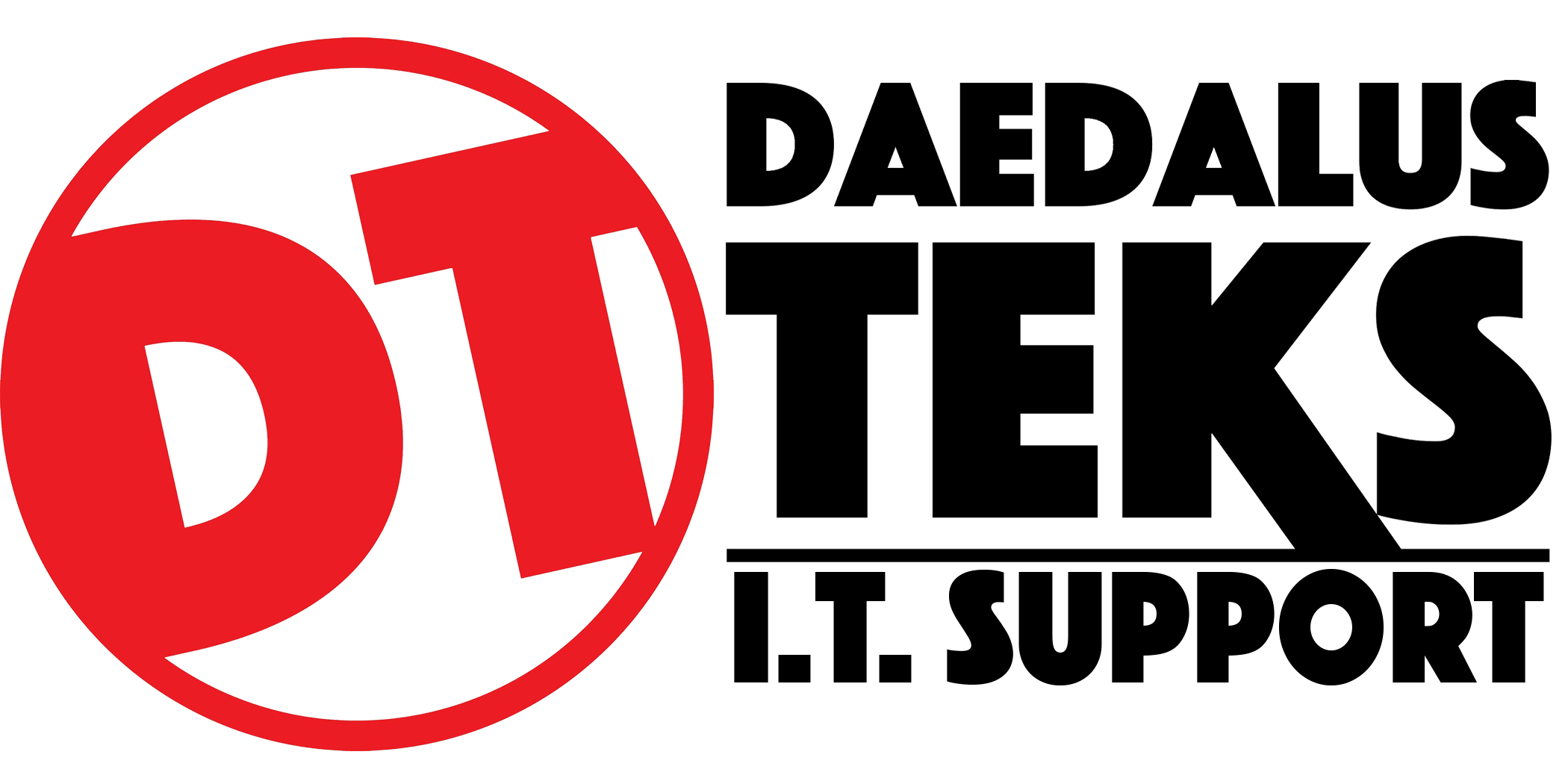Computer security tips keep people safe, secure online
By David C. Agan Jr., Fort Rucker Public Affairs
 Taking time to learn about some basic computer security concepts can go a long way to ensure your private information remains safe and secure, and your computer continues to function properly.
Taking time to learn about some basic computer security concepts can go a long way to ensure your private information remains safe and secure, and your computer continues to function properly.
“Without computer security, your computer and the network it’s attached to are vulnerable to viruses, worms and other types of malicious code,” said Thomas Brindisi, network security manager for the Fort Rucker Network Enterprise Center.
The following are some of the various threats to personal and government computers people should be aware of.
Computer viruses
Viruses are programs that can copy themselves to a computer and then spread from one computer to another over a network or the Internet. They can also be spread via removable media, such as CDs or USB drives.
There are different types of viruses. Some can be a nuisance, forcing your Internet browser to display an unending series of popup windows. Others, however, can maliciously delete your personal files, system files and even destroy your operating system. Many times, a computer will “catch” a virus via an untrusted website or by opening an email attachment.
Malware
Short for malicious software, it is a general term used by computer professionals to describe software that secretly accesses a computer without consent.
Some examples of malware include Trojan horses, rootkits, spyware and keystroke loggers. They can steal data, record online passwords and even take control of a computer for large scale attacks on other systems and networks. Malware makes its way to a computer in a number of ways. Many times it is by installing software from untrustworthy sources (screensavers, for example) but malware can sometimes come bundled with software from reputable vendors.
Social engineering
This form of computer access is a bit different from the previous threats. It involves manipulating people into performing actions or giving out information, rather than by using technical means to extract information.
In terms of computer security, phishing is frequently used to obtain private information. A phisher may send an email that seems to come from a business, such as a credit card company or bank, requesting verification of personal details (e.g. Social Security Numbers, date of birth, password). It may contain a link to a website that also seems legitimate. However, the website is run by criminals aimed at identity fraud.
Protect yourself
Fortunately, it is relatively simple to protect and identity and computer from harm. People can start by installing anti-virus and anti-malware programs.
“Educate yourself. The Internet Storm Center (http://isc.sans.edu) lets you know what’s going on in terms of malware, viruses and other current attacks,” said Shawn Foist, installation information assurance officer.
Anti-virus software can detect and eliminate threats before a threat can infect a system. Anti-malware programs provide real-time protection against the installation of malware as well as detection and removal of any existing instances of malware on computers. Be warned: People should never install free software claiming to be anti-malware or anti-spyware unless it is verified to be from a legitimate source, as it could be malware itself. Some reputable sources for anti-virus and anti-malware software include Symantec, McAfee and Microsoft.
“Symantec and McAfee are great sources for information on ways to keep your computer safe and protected,” said Foist.
One of the best ways to protect computers and online information is by using a strong password. It is never advisable to use nicknames, phone numbers, birthdays, pet names, the name of a child, or any word that can be found in a dictionary. Choosing a good password is easy. Use at least eight characters with at least one special character (#, *, !, @, etc.) and at least one number. You should also change your password often and never give it to anyone. Finally, if you can avoid it you should never write your password down. If you do have to write it down, do not label it as ‘my password’ and keep it in a safe location.
Finally, always make backups of important computer files. Whether it is as simple as copying files to a CD, DVD or external hard drive, or utilizing an online backup service available via the Internet, a backup can reduce the harm caused by viruses, malware and other threats to computer systems.
{jcomments on}
